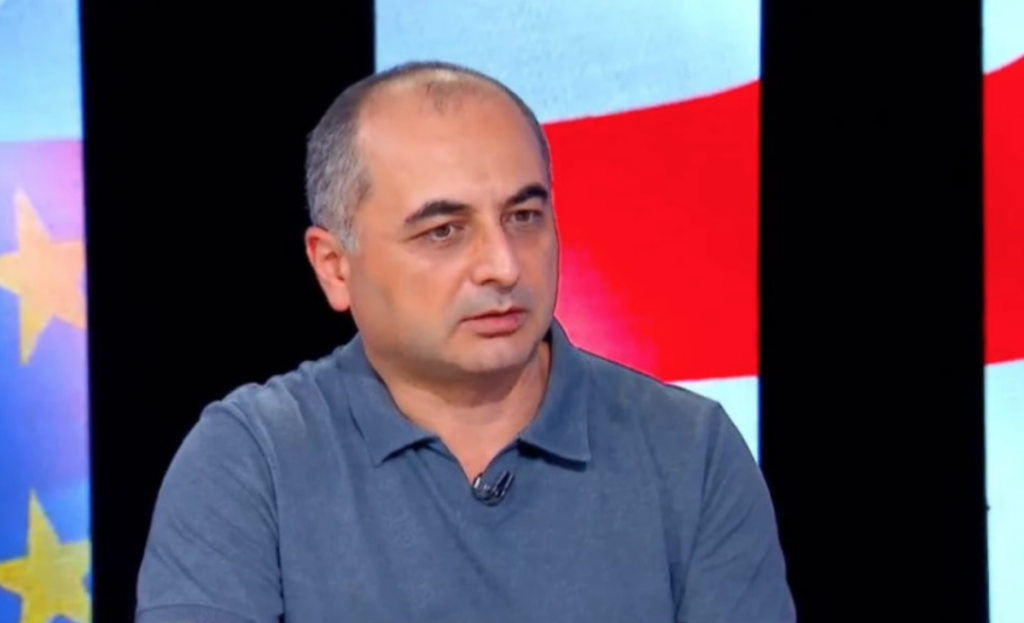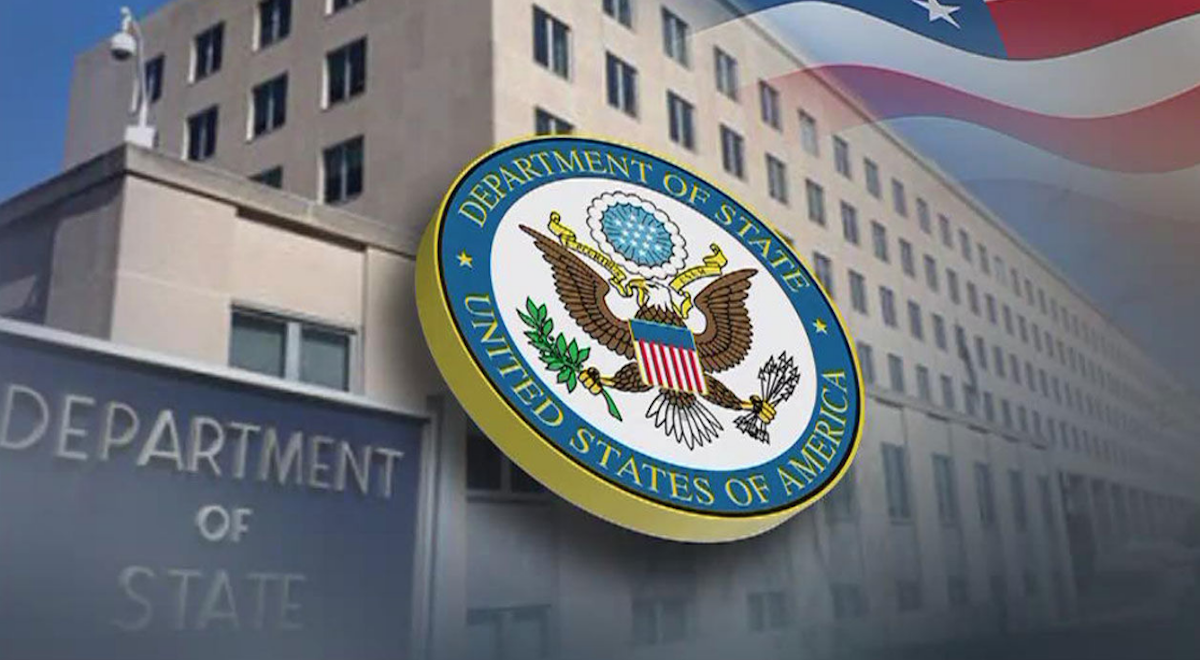"Ultimately, in Georgia, the entire government will end up under sanctions and will be 'leprous'." - Comment
“Following the visa restrictions imposed by the United States against officials in Georgia, financial sanctions will follow. Europe will also join this process. As a result, Georgia will have a ‘leper’ government, with all or almost all of its members under sanctions,” said political analyst Zurab Batiashvili in an interview with TV PalitraNews.
On June 6, the US State Department announced the first package of sanctions against those in Georgia involved in the adoption of the “foreign agents” law and the use of violence against peaceful protesters. At the initial stage, this includes a ban on entry into the US and revocation of already issued visas. The list comprises around 20 to 30 individuals, including members of the ruling party “Georgian Dream,” parliamentarians, law enforcement officers, and private individuals. Specific names are not disclosed.

Zurab Batiashvili: “We don’t know the exact number of people who have already been sanctioned, but that’s not the main point. The main thing is that the process has begun, and it will be very difficult for the ruling elite.
As for the numbers, the Americans’ statement mentions that the Georgian government still has time to bring the country back to a western direction. Probably no one in the ‘Georgian Dream’ intends to do this, but there is still a small window for them to perhaps come to their senses.
I think that Bidzina Ivanishvili [oligarch, honorary chairman of the ruling party] and his family may not be on this first list of those sanctioned. It is assumed that the final decision is made by him, and he still has to do that.
America has shown that it can impose sanctions. If until now the ‘Georgian Dream’ claimed that no sanctions were expected and it was just speculation, they have shown that this is not the case.
Whether it’s ‘Khareba’ [Zviad Kharazishvili, head of the special assignments department of the Georgian Ministry of Internal Affairs] or his subordinates, in this case, names and surnames are not of great importance. The main thing is that areas were listed — the ruling party, other parties, probably satellites of the ‘Georgian Dream,’ law enforcement officers.”
Zviad Kharazishvili, the director of the special assignments department of the Georgian Ministry of Internal Affairs, known in society as “Khareba,” on May 28, demonstratively, on camera, admitted to the fact of beating peaceful protesters against the “foreign agents” law and even stated that he “has special lists of those whom the special forces should beat.”
- How Generation Z found itself at the forefront of Georgian protests: An insight from Tbilisi
- Georgia’s “foreign agents” law is now a reality. When will it take effect and who will it impact?
- In Tbilisi, Niko Managadze, a student and the organizer of the protest action “Meet the Prime Minister,” was beaten
Zurab Batiashvili: “The US has shown how this list can be expanded. In reality, this is still just a warning. Visa restrictions, nothing more.
But in the future, financial restrictions will follow, and the process will move to Europe. Eventually, we will have a government under sanctions, which will be leprous, and it will be shameful to shake their hand.
This could also lead to secondary sanctions. For example, Iran is a country under sanctions. Those who do business with Iran also fall under American sanctions.
What the ‘Georgian Dream’ has done is isolate both itself and the country.
Personal sanctions also directly affect the country. Jobs will be cut, investments will stop, including those that were already planned. There are many areas that will be indirectly affected by sanctions imposed on leaders and on specific individuals involved in business.
Who will engage in serious business with businessmen who are already on ‘blacklists’ or about to be added?
Today they will not be allowed into America, tomorrow they may not be allowed into Europe.
And what will happen to the exchange rate of the Georgian lari in this context? Expectations are currently pessimistic.”



















